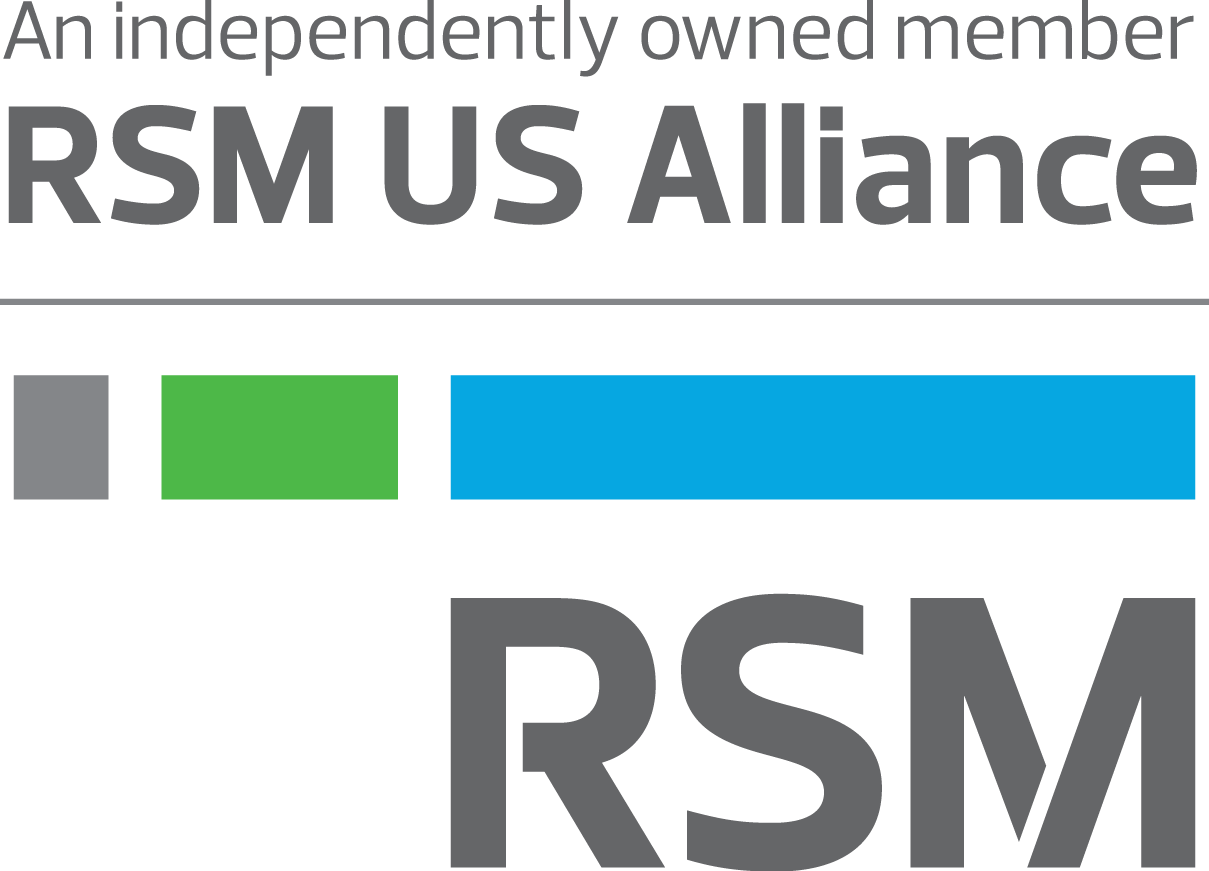Authored by RSM US LLP
What key business issues are affecting middle market consumer businesses in 2024, and furthermore, what are the tax implications related to these trends? The following outlines challenges and opportunities this year for retailers, restaurants, food and beverage companies and consumer goods businesses.
Profitability and pricing pressures
Pricing pressure from cost-conscious consumers is squeezing the profit margins of consumer businesses already burdened with increased material costs and production expenses. Managing cost volatility can be challenging without a proper data strategy to forecast future costs and understand profitability.
Tax implication: Credits and incentives
Identifying, negotiating, claiming and filing potential incentives and credits can help offset some of the high costs of doing business. While some incentives may be statutory in nature, many others must be negotiated before a project begins to realize the largest potential. The number of incentives available varies from jurisdiction to jurisdiction and often requires extensive applications, proof of relocation or other data to qualify. It is important to align your approach with capital investment life cycles and manage the entire process, from planning and negotiation to implementation and filing.
The evolving consumer
Understanding your customers and anticipating demand for products can help define success for your business. Businesses that respond timely to changing consumer preferences and social responsibility can increase market share and obtain a competitive advantage. Consumers expect a great experience whether they are purchasing online or in-store and make purchasing decisions based on brands that are sustainable and transparent.
Tax implication: New technologies
Businesses adopting new technologies to meet consumer expectations and integrating new systems with modern tax applications can help effectively manage complex tax and financial data. For example, retailers that automate sales and use tax processes can improve the accuracy of collections and remittance, free up personnel and resources and protect margins. It’s critical to involve the tax function at the outset of any project to promote effective integration.
Cost of capital on growth
Interest rates continue to be high, and market share costs are increasing more than ever. As consumer businesses search for economical ways to finance operations and organic growth, growth through takeovers can strengthen market share and propose cost solutions through synergies and enhanced infrastructure integration.
Tax implication: Due diligence
Consumer businesses pursuing growth through acquisitions can avoid costly surprises by planning for tax outcomes. Structuring a transaction without considering tax implications at the outset could diminish the buyer’s return on investment and may require significant time and resources to rectify. Get additional M&A insights.
Compliance and regulations
Compliance and regulations can help enhance the reputation and trustworthiness of consumer businesses, as well as avoid legal liabilities, fines or sanctions for violating the laws and standards that apply to their products. Implementing product testing and quality management systems, as well as maintaining product documentation and staying current on regulatory changes, safeguards consumers and businesses alike.
Tax implication: Enterprise nexus study
Nexus is ever-evolving through changes in business and tax law. A routine review of nexus can limit exposure and identify opportunities for savings. By utilizing technology, a nexus review enables taxpayers to efficiently identify material nexus exposure and provide actionable information without burdening their internal resources.
Evolving workforce dynamics
Consumer businesses seek to hire, train and retain employees while balancing opportunities to invest in process improvement and automation. Businesses must find the right mix of in-house talent and outsourced solutions.
Tax implication: Compensation and benefits
Developing a compensation philosophy centered on total rewards instead of just cash salary may help companies balance costs with offerings that match workers’ preferences. Retirement programs, equity compensation, education opportunities or assistance and subsidized transportation benefits are just a few common offerings. It is important to understand the tax implications so your company can implement plans that are advantageous to both the employees and the employer.
This article was written by Karen Galivan and originally appeared on 2024-01-23.
2022 RSM US LLP. All rights reserved.
https://rsmus.com/insights/services/business-tax/five-issues-affecting-consumer-businesses-and-related-key-tax-implications.html
The information contained herein is general in nature and based on authorities that are subject to change. RSM US LLP guarantees neither the accuracy nor completeness of any information and is not responsible for any errors or omissions, or for results obtained by others as a result of reliance upon such information. RSM US LLP assumes no obligation to inform the reader of any changes in tax laws or other factors that could affect information contained herein. This publication does not, and is not intended to, provide legal, tax or accounting advice, and readers should consult their tax advisors concerning the application of tax laws to their particular situations. This analysis is not tax advice and is not intended or written to be used, and cannot be used, for purposes of avoiding tax penalties that may be imposed on any taxpayer.
RSM US Alliance provides its members with access to resources of RSM US LLP. RSM US Alliance member firms are separate and independent businesses and legal entities that are responsible for their own acts and omissions, and each are separate and independent from RSM US LLP. RSM US LLP is the U.S. member firm of RSM International, a global network of independent audit, tax, and consulting firms. Members of RSM US Alliance have access to RSM International resources through RSM US LLP but are not member firms of RSM International. Visit rsmus.com/aboutus for more information regarding RSM US LLP and RSM International. The RSM(tm) brandmark is used under license by RSM US LLP. RSM US Alliance products and services are proprietary to RSM US LLP.

Lauterbach, Borschow & Co. is a proud member of RSM US Alliance, a premier affiliation of independent accounting and consulting firms in the United States. RSM US Alliance provides our firm with access to resources of RSM US LLP, the leading provider of audit, tax and consulting services focused on the middle market. RSM US LLP is a licensed CPA firm and the U.S. member of RSM International, a global network of independent audit, tax and consulting firms with more than 43,000 people in over 120 countries.
Our membership in RSM US Alliance has elevated our capabilities in the marketplace, helping to differentiate our firm from the competition while allowing us to maintain our independence and entrepreneurial culture. We have access to a valuable peer network of like-sized firms as well as a broad range of tools, expertise, and technical resources.
For more information on how the Lauterbach, Borschow & Co. can assist you, please call us at (915) 544-6950.


